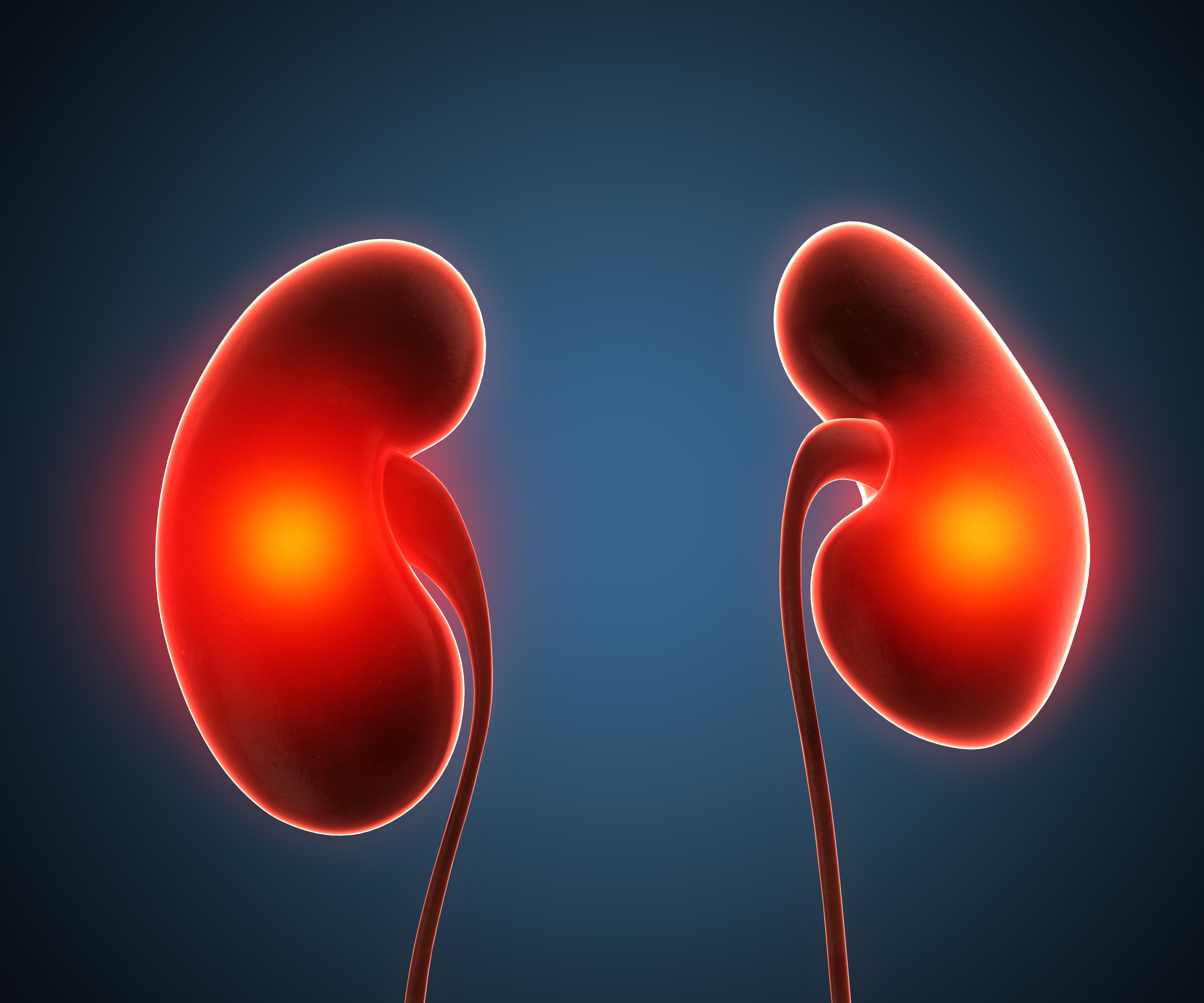HCV Antibody Seropositivity Linked to Increased Albuminuria in Patients with Type 2 Diabetes
Seropositivity was associated with greater albuminuria but not peripheral artery disease in a cohort of patients ≥ 50 years of age with type 2 diabetes mellitus.
Credit: Fotolia

Findings from a recent cross-sectional study are shining light on the association between hepatitis C virus (HCV) antibody seropositivity and severely increased albuminuria in patients with type 2 diabetes mellitus (T2DM).1
Although study results pointed to a significant association between HCV and albuminuria and a dose-dependent association between urinary albumin-to-creatinine ratio (UACR) and antibody seropositivity, peripheral artery disease (PAD) and ankle-brachial index (ABI) measurements were similar between the groups with and without antibody seropositivity.1
“HCV infection increases the risk of developing PAD. However, studies exploring the association between PAD based on ABI assessment and HCV infection in patients with DM are limited,” wrote investigators, who also noted “Increased albuminuria has been reported in patients with HCV infection. However, to the best of our knowledge, studies exploring the association between the UACR and HCV infection have not focused on patients with type 2 DM.”
The 2-way association between HCV and diabetes has shown HCV infection may contribute to the development of T2DM, and on the other hand, diabetes can potentially worsen HCV outcomes. As such, screening patients with diabetes for HCV is important to ensure they receive prompt care to reduce the risk of additional health complications and worsened outcomes.2
To investigate whether HCV antibody seropositivity is associated with diabetic micro- and macro-vascular diseases, Yu-Cheng Cheng, of the department of internal medicine at Taichung Veterans General Hospital in Taiwan, and colleagues collected electronic medical record data from patients who participated in a diabetes pay-for-performance program and underwent HCV antibody screening in the annual comprehensive assessment between January 2021 and March 2022. For inclusion, patients were required to be ≥ 50 years of age, have T2DM, be enrolled in the pay-for-performance program, and have undergone HCV antibody assessment in the program’s annual assessment.1
In total, 1758 eligible patients were retrospectively enrolled in the study and assessed to examine the relationships between HCV antibody seropositivity with spot UACR and ABI. Among the cohort, 85 (4.83%) participants had HCV antibody seropositivity – compared to those without seropositivity, these patients were generally older (69 vs 66 years; P = .002) and had increased systolic blood pressure (139 vs 133 mm Hg; P = .004), a lower estimated glomerular filtration rate (eGFR) (68 vs 73 mL/min/1.73 m2; P = .034), elevated UACR (274 vs 123 mg/g, P = .002), and a lower proportion of males (41.2% vs 57.4%; P = .005).1
Upon analysis, patients with HCV antibody seropositivity had an increasing ratio trend in the severity of albuminuria compared to those without seropositivity (P <.001). However, investigators pointed out the proportion of patients with PAD, defined as an ABI ≤ 0.9, was not significantly different between the groups with and without HCV antibody seropositivity (3.5% vs 3.9%, respectively; P = .999).1
Multivariable regression analyses revealed a dose-dependent association between albuminuria and HCV Ab seropositivity (UACR [30–299 mg/g]: odds ratio [OR], 1.463; 95% CI, 0.872‒2.456); UACR [≥ 300 mg/g]: OR, 2.300; 95% CI, 1.160‒4.562; P = .015) when compared with normal albuminuria (UACR < 30 mg/g). Investigators noted patients ≥ 65 years of age also had a significantly greater risk of chronic HCV infection (OR, 1.774; 95% CI, 1.063‒2.959; P = .028) than those aged < 65 years, and male patients had a significantly lower risk of HCV antibody seropositivity (OR, 0.554; 95% CI, 0.353‒0.868; P = .010) than female patients.1
“For the efficient and effective identification of potential HCV infection, screening for HCV Ab seropositivity in individuals in the above population with severely increased albuminuria is warranted,” investigators concluded.1
References:
- Cheng YC, Lee TY, Li YH, et al. Hepatitis C virus antibody seropositivity is associated with albuminuria but not peripheral artery disease in patients with type 2 diabetes. Sci Rep. 2024;14(1):4607. doi:10.1038/s41598-024-55352-7
- Hammerstad SS, Grock SF, Lee HJ, et al. Diabetes and Hepatitis C: A Two-Way Association. Front Endocrinol (Lausanne). 2015;6:134. doi:10.3389/fendo.2015.00134